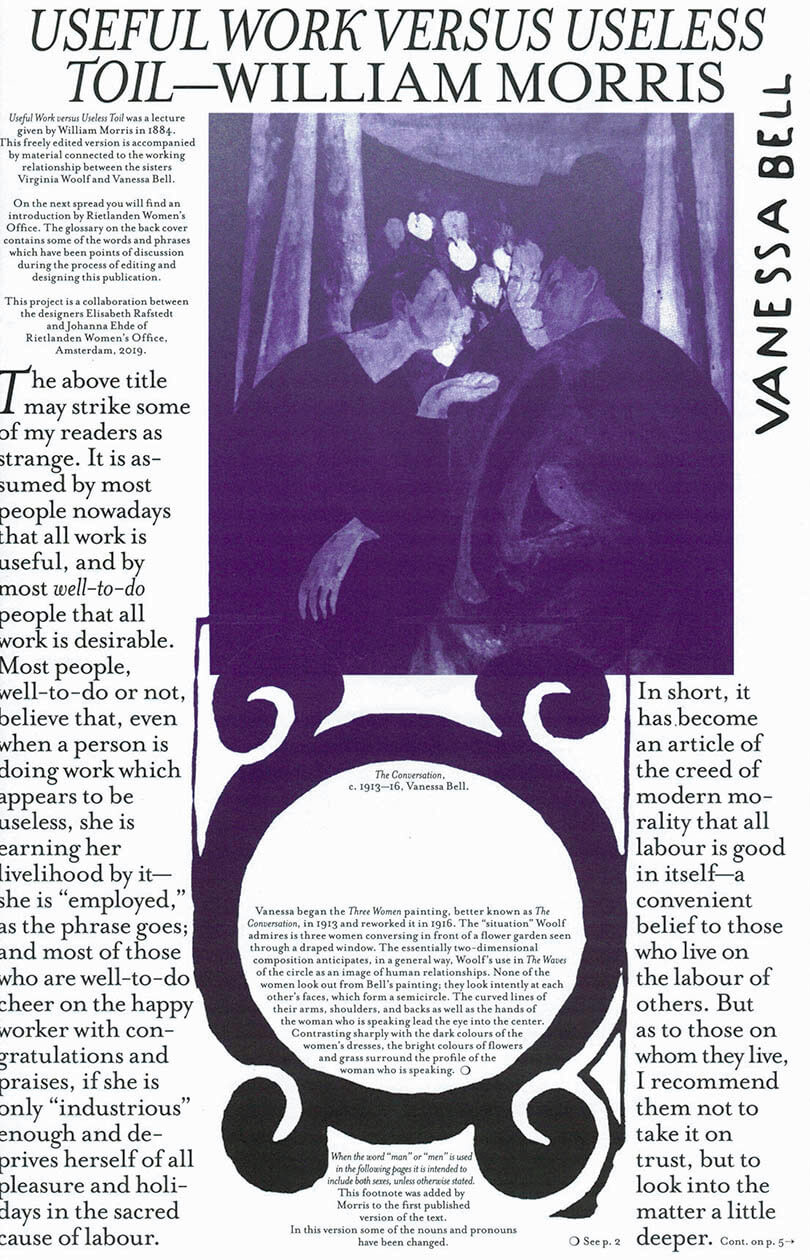In a forgotten patch of French countryside, a woman is battling her demons embracing exclusion yet wanting to belong, craving freedom whilst feeling trapped, yearning for family life but at the same time wanting to burn the entire house down. Given surprising leeway by her family for her increasingly erratic behaviour, she nevertheless feels ever more stifled and repressed. Motherhood, womanhood, the banality of love, the terrors of desire, the inexplicable brutality of another person carrying your heart forever Die, My Love faces all this with a raw intensity. It s not a question of if a breaking point will be reached, but rather when and how violent a form will it take?
A manic, bruising stream of conscious portrayal of a mother and wife struggling to maintain both a normal life and her sanity.
Compared to Nathalie Sarraute and Virginia Woolf, Ariana Harwicz is one of the most radical figures in contemporary Argentinian literature. Her prose is characterised by its violence, eroticism, irony and criticism of the clichés surrounding the notions of the family and conventional relationships. Born in Buenos Aires in 1977, Harwicz studied screenwriting and drama in Argentina, and earned a degree in Performing Arts from the University of Paris VII as well as a Master's in comparative literature from the Sorbonne. She has taught screenwriting and written plays, which have been staged in Buenos Aires. Feebleminded (which has also been adapted for the stage in Argentina and Spain) is her second novel and a sequel in an 'involuntary' trilogy, preceded by Die, My Love (Charco Press, 2017) and followed by Precocious. Her fourth novel, Degenerate comes out in June 2019. Die, My Love was longlisted for the Man Booker International Prize (2018) and shortlisted for the Republic of Consciousness Prize (2018). It has been translated into more than ten languages.








